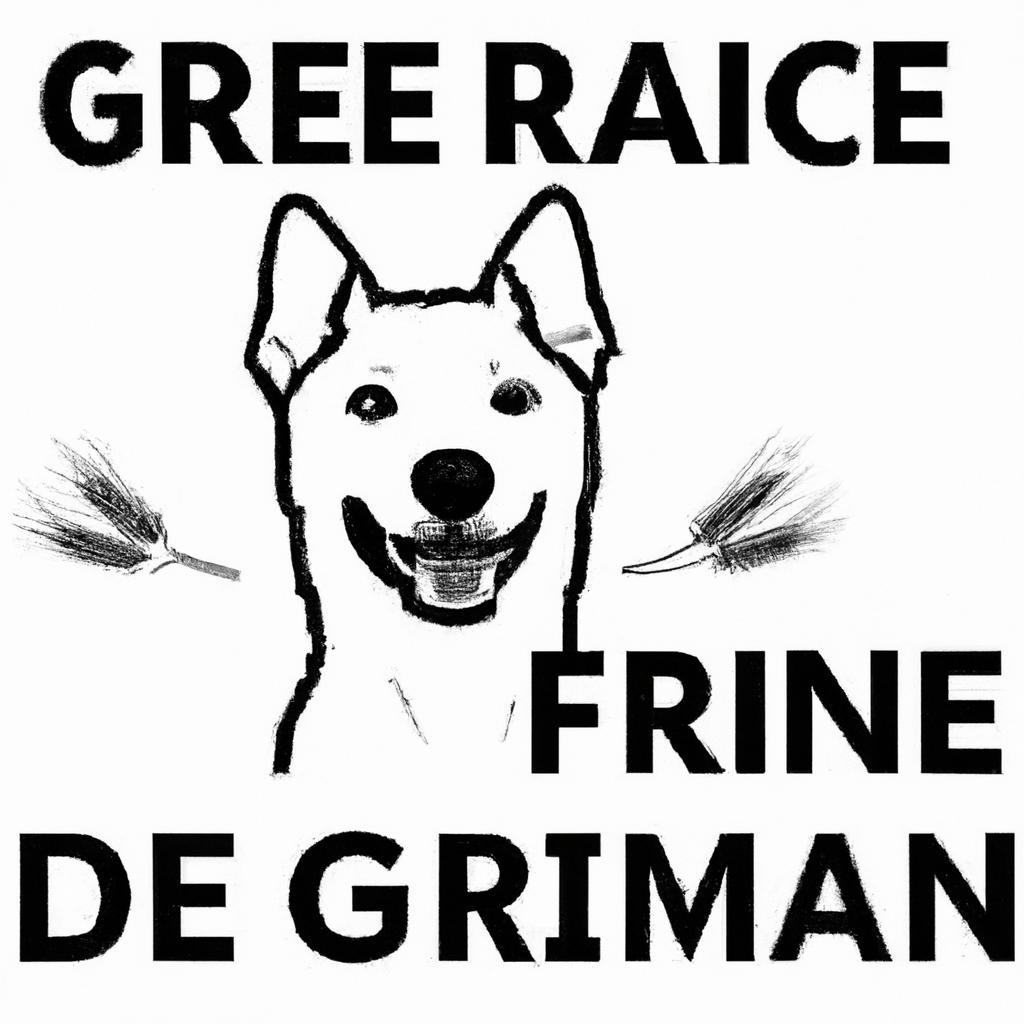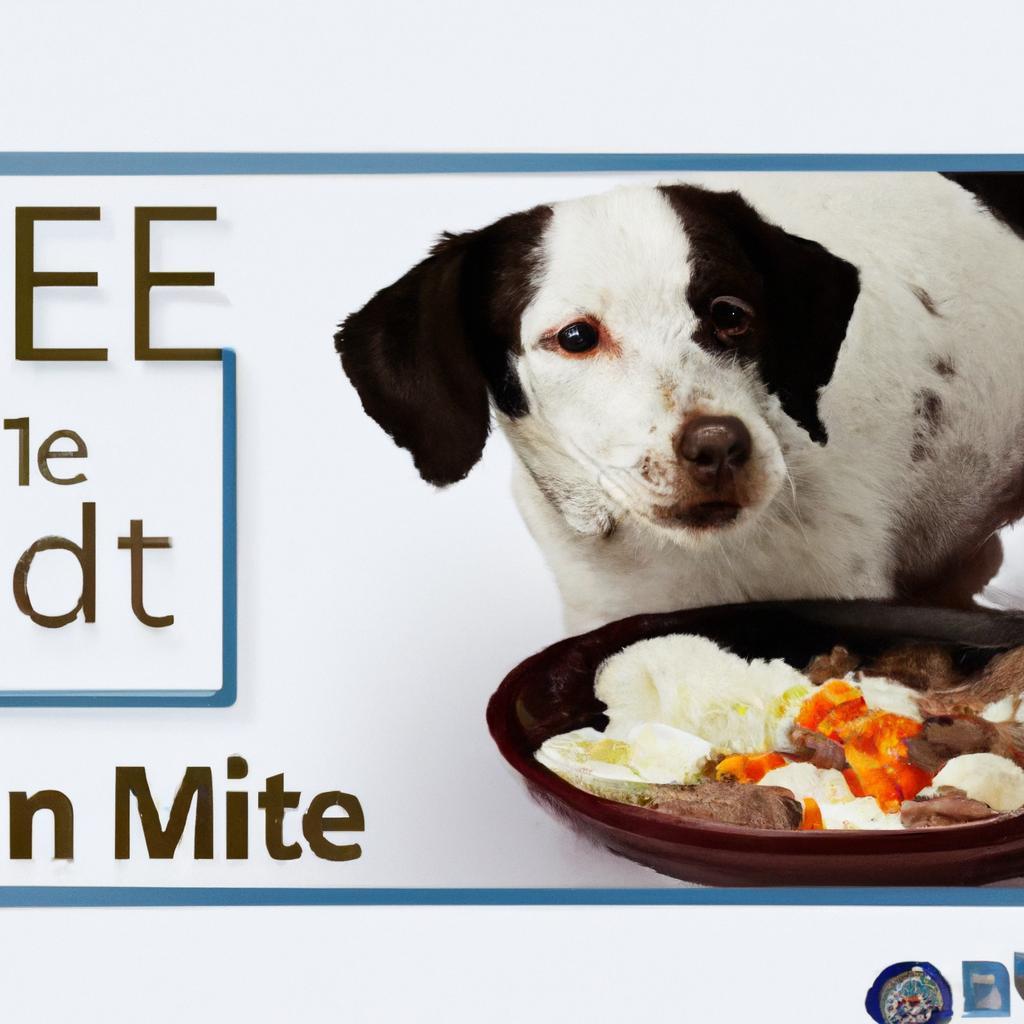Once upon a time in a bustling veterinary clinic, a worried dog owner rushed in with a question: “Can my pup eat rice?” The vet smiled, recalling countless cases where rice had been a lifesaver for dogs with upset stomachs. Packed with carbohydrates, rice is easily digestible and can provide essential energy. It’s not just a filler; it’s a nutritious addition to a balanced diet. So, if you’re looking to soothe your furry friend’s tummy or enhance their meals, consider rice—a grain that can truly benefit your dog!
Contents
- Understanding the Nutritional Value of Rice for Dogs
- Evaluating the Digestibility and Health Benefits of Rice
- Incorporating Rice into Your Dogs Diet Safely
- Expert Recommendations for Serving Rice to Dogs
- Q&A
Understanding the Nutritional Value of Rice for Dogs
When considering the dietary needs of our canine companions, it’s essential to delve into the nutritional profile of various foods, including rice. This staple grain is not only a common ingredient in many dog foods but also serves as a beneficial addition to homemade meals. Rice is primarily composed of carbohydrates, which provide a significant energy source for dogs, especially those with high activity levels.
In addition to carbohydrates, rice contains a modest amount of protein, which is vital for muscle development and overall health. While it may not be a complete protein source on its own, it can complement other protein-rich foods in your dog’s diet. Furthermore, rice is low in fat, making it an excellent option for dogs that require weight management or have sensitive stomachs.
Rice is also known for its digestibility, which is particularly advantageous for dogs recovering from gastrointestinal issues. The gentle nature of rice can help soothe an upset stomach and provide a bland diet that is easy to digest. Additionally, it contains essential vitamins and minerals, including B vitamins, iron, and magnesium, which contribute to your dog’s overall well-being.
Incorporating rice into your dog’s diet can be done in various ways, such as mixing it with lean meats or vegetables. However, it’s crucial to ensure that rice is cooked thoroughly and served in moderation. While rice can be a nutritious addition, it should not replace a balanced diet that includes a variety of protein sources and nutrients. By understanding the benefits of rice, you can make informed decisions about your dog’s dietary needs.
Evaluating the Digestibility and Health Benefits of Rice
When considering the suitability of rice as a dietary component for dogs, it is essential to evaluate its digestibility. Rice is known for its **high digestibility**, making it an excellent choice for dogs with sensitive stomachs or those recovering from gastrointestinal issues. The starches in rice are easily broken down, allowing for quick absorption of nutrients. This characteristic is particularly beneficial for dogs that may struggle with more complex grains or protein sources.
In addition to its digestibility, rice offers a range of **health benefits** that can contribute positively to a dog’s overall well-being. It is a good source of **carbohydrates**, providing the energy needed for daily activities. Furthermore, rice is low in fat and contains essential vitamins and minerals, such as B vitamins and iron, which support various bodily functions. Including rice in a dog’s diet can help maintain a healthy weight and promote optimal energy levels.
Moreover, rice is often recommended by veterinarians as part of a bland diet for dogs experiencing digestive upset. Its **gentle nature** helps soothe the stomach and can aid in firming up loose stools. By incorporating rice into their meals, pet owners can provide a comforting and easily digestible option that supports recovery during times of illness or stress.
Lastly, the versatility of rice allows for easy incorporation into various dog food recipes. Whether served plain, mixed with lean proteins, or combined with vegetables, rice can enhance the palatability of meals while ensuring that dogs receive a balanced diet. Its **affordability** and availability make it a practical choice for pet owners looking to provide nutritious and wholesome meals for their furry companions.
Incorporating Rice into Your Dogs Diet Safely
When considering adding rice to your dog’s diet, it’s essential to approach it with care and knowledge. Rice can be a beneficial addition, particularly for dogs with sensitive stomachs or those recovering from gastrointestinal issues. However, it’s crucial to ensure that it is prepared and served correctly to maximize its benefits while minimizing any potential risks.
To safely incorporate rice into your dog’s meals, follow these guidelines:
- Choose the Right Type: Opt for plain white or brown rice, as these are the most digestible forms. Avoid flavored or seasoned rice, which can contain harmful ingredients.
- Cook Thoroughly: Always cook rice thoroughly before serving it to your dog. Uncooked or undercooked rice can be difficult for dogs to digest and may lead to discomfort.
- Moderation is Key: Introduce rice gradually into your dog’s diet. Start with small amounts to see how your dog reacts, and ensure it does not replace their primary source of nutrition.
- Balance with Other Foods: Rice should complement a balanced diet. Pair it with protein sources like chicken or fish and include vegetables to provide a well-rounded meal.
Monitoring your dog’s reaction to rice is vital. Look for any signs of allergies or digestive issues, such as vomiting or diarrhea. If your dog experiences any adverse effects, discontinue feeding rice and consult your veterinarian for advice. Each dog is unique, and what works for one may not work for another.
Incorporating rice into your dog’s diet can be a safe and nutritious choice when done correctly. By following these guidelines, you can ensure that your furry friend enjoys the benefits of rice without compromising their health. Always prioritize your dog’s overall dietary needs and consult with a veterinarian if you have any concerns about their nutrition.
Expert Recommendations for Serving Rice to Dogs
When considering adding rice to your dog’s diet, it’s essential to choose the right type and preparation method. **Brown rice** is often recommended due to its higher fiber content and nutritional value compared to white rice. However, if your dog has a sensitive stomach, **white rice** may be a better option as it is easier to digest. Always ensure that the rice is cooked thoroughly and free from any additives, such as salt or spices, which can be harmful to your pet.
Portion control is crucial when serving rice to dogs. A general guideline is to make rice a small part of their overall meal. **Mixing rice with lean proteins** like chicken or turkey can create a balanced meal that provides essential nutrients without overwhelming your dog’s digestive system. It’s advisable to start with a small amount and monitor your dog’s reaction before gradually increasing the portion size.
Incorporating rice into your dog’s diet can be beneficial, especially during recovery from gastrointestinal issues. **Veterinarians often recommend a bland diet** consisting of rice and protein for dogs experiencing diarrhea or vomiting. This combination helps to soothe the stomach and provides easily digestible energy. Always consult your veterinarian before making significant changes to your dog’s diet, especially if they have pre-existing health conditions.
Lastly, consider the frequency of serving rice to your dog. While it can be a healthy addition, it should not replace their regular dog food. **Rice should be treated as a supplement** rather than a staple. Regularly feeding rice can lead to an unbalanced diet, lacking essential nutrients that commercial dog food provides. By maintaining a balanced diet and using rice as an occasional treat or recovery food, you can ensure your dog remains healthy and happy.
Q&A
-
Is rice safe for dogs to eat?
Yes, rice is safe for dogs and is often recommended by veterinarians as a part of a balanced diet. It is easily digestible and can help soothe an upset stomach.
-
What type of rice is best for dogs?
White rice is generally preferred for dogs, especially when they are experiencing digestive issues. Brown rice can also be beneficial due to its higher fiber content, but it may be harder for some dogs to digest.
-
Can rice be a regular part of my dog’s diet?
While rice can be included in your dog’s diet, it should not be the main component. It is best used as a supplement to a balanced diet that includes proteins, vegetables, and healthy fats.
-
How should I prepare rice for my dog?
Always cook rice without any added seasonings, oils, or sauces. Simply boiling it in water is the best method to ensure it is safe and healthy for your dog.
rice can be a beneficial addition to your dog’s diet when served in moderation. Its digestibility and nutritional value make it a suitable grain for many dogs. Always consult your veterinarian to ensure it aligns with your pet’s specific needs.

大家好,我是彼得潘,專業的手法身體治療師。我喜歡探索和研究各種主題,並透過與人工智慧的合作分享專業、實用、有趣的文章。我們定期進行人工審核,以確保內容的準確性。如果您發現文章中有任何不準確的地方,請隨時與我們聯繫,我們會及時糾正。您可以透過 [email protected] 與我們聯繫。



